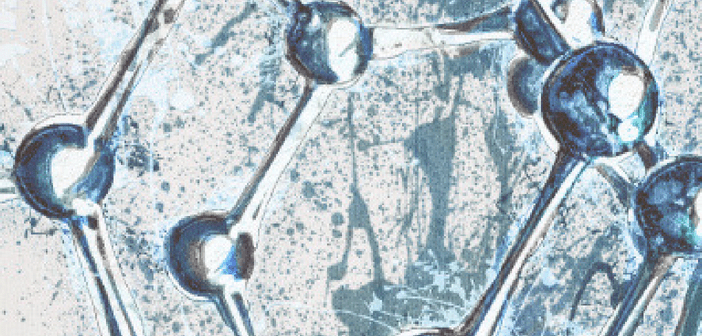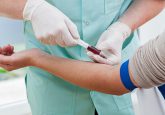Ask the Experts: challenges in identifying biomarkers

In question one of this series our experts discuss some of the challenges they face when identifying biomarkers.
What remains the greatest challenge in identifying Biomarkers?
Devagi Mehta, Chris Stebbins, Danielle Graham and Lauren Stevenson (Biogen):
“One of most significant challenges we face at Biogen in the biomarker field is around identifying biomarkers related to central nervous system (CNS) indications and therapeutics, particularly biomarkers that measure target engagement or a pharmacodynamic response within the CNS.
Given that the CNS is an anatomical location not feasibly accessible in clinical studies, we rely on sampling cerebral spinal fluid (CSF) and/or neuroimaging to evaluate neural-specific biomarkers. These approaches are particularly challenging due to complex technical considerations and the evolving science behind the biomarkers of interest.
With respect to CSF, the levels of proteins are incredibly low and not all CNS-specific pathways/mechanisms are mirrored in the CSF. Neuroimaging techniques have great promise in understanding CNS disease biology, but the lengthy development time for identifying and optimizing novel imaging agents is not always aligned with key decision points of the drug development program.”
Patrick Bennett (PPD):
“The shear variety and number of biomarkers is the greatest challenge. Identifying important biomarkers for a specific disease still requires understanding of many biological mechanisms and pathways. These include small molecules that can be determined following metabolomics investigational models, proteins and peptides that can be determined following proteomic investigational models, lipids following lipidomics, etc.
In addition, having the appropriate instrumentation, data management and reference standards is critical. These can be routine though esoteric.
Finally, another great challenge that remains is the complexity of data analysis – e.g., historical data for patients, confidence in the correlation between the biomarker and disease/outcome over time as both analytical technology and treatments change over time, and other complexities around data analysis.”
John Allinson (LGC Group):
“I think the challenge is not necessarily in identifying biomarkers but rather in identifying the RIGHT biomarkers. Quite often we see new biomarkers come along but without sufficient physiological information as to their behaviour or variation – both in normal and disease states.
Furthermore, with the advent of the ‘ultra-sensitive’ platforms, I think that new biomarkers are sometimes being put forward for investigation prematurely as often there are technological (method) issues still to be answered before we can reliably investigate the changes and levels of the biomarker. Often the question is how can we prove that we’re measuring what we think we are? And this is sometimes not substantially addressed.”
Click here to return to ‘Ask the Experts – Biomarkers’ to read other instalments part of this series.




